MS-LS2-2
Construct an explanation that predicts patterns of interactions among organisms across multiple ecosystems.
-
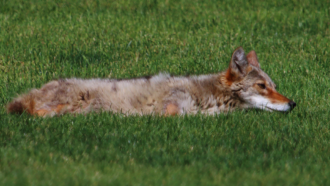 Animals
AnimalsAre coyotes moving into your neighborhood?
How do coyotes survive in New York City, Los Angeles and Chicago? Researchers and citizen scientists are working together to find answers.
-
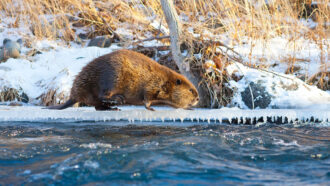 Environment
EnvironmentBusy beavers may be speeding thaw of Arctic permafrost
As climate change continues, busy beavers are expanding their range in Alaska. Their dams could further speed the loss of permafrost there and promote local warming.
-
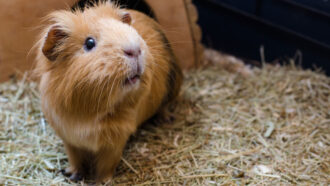 Health & Medicine
Health & MedicineDust can infect animals with flu, raising coronavirus concerns
Dust particles kicked up from some virus-contaminated surface can become a source of new infections, rodent data show.
-
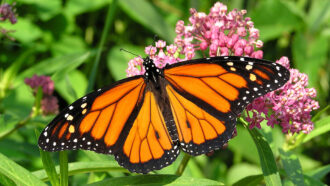 Environment
EnvironmentPesticides contaminate most food of western U.S. monarchs
Monarch caterpillars eat only milkweeds. A new study finds widespread pesticide use has tainted these plants across the insect’s western U.S. breeding grounds.
-
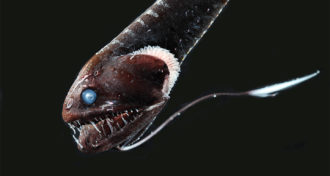 Animals
AnimalsSuperblack fish can disappear in the deep sea’s darkness
Some fish that live in the ocean’s depths are superblack due to a special layer of light-absorbing structures in their skin.
-
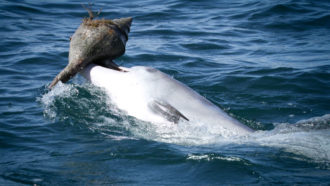 Animals
AnimalsDolphins can learn from their peers how to use shells as tools
Some bottlenose dolphins seem to look to their peers, rather than mom, to learn how to trap prey in shells.
By Jack J. Lee -
 Health & Medicine
Health & MedicineCoronavirus outbreak at camp infected more than 200 kids and staff
Think kids don’t get COVID-19 and spread it? Think again. An outbreak at a Georgia summer camp left 260 people infected. The rate was highest in kids under 10.
-
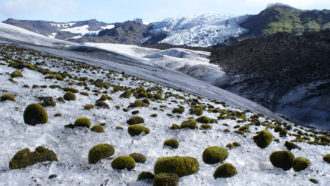 Earth
EarthOn an Alaskan glacier, little green moss balls roll in herds
Oval balls of moss, nicknamed ‘glacier mice,’ roll across some glaciers. A new study explores the mysteries behind their herd-like motion.
By Beth Geiger -
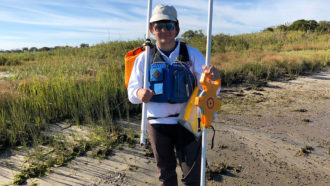 Science & Society
Science & SocietyFor teens, big problems may lead to meaningful research
Several teens who competed at the Regeneron Science Talent Search applied their STEM know-how to solve problems they or their communities faced.
-
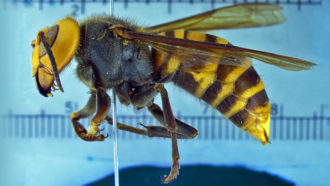 Animals
AnimalsWhat you need to know about ‘murder hornets’
Two new specimens of the world’s largest hornet have just turned up in the United States. Here’s what to make of them and other alien-hornet invaders.
By Susan Milius -
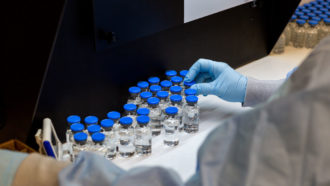 Health & Medicine
Health & MedicineRemdesivir is looking even better at fighting COVID-19
New studies suggest the drug remdesivir not only speeds recovery of COVID-19 patients in the hospital, but lowers their risk of death from the virus.
-
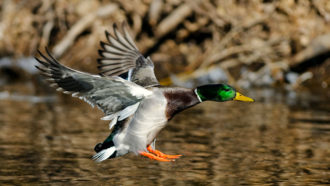 Ecosystems
EcosystemsPooping ducks can shed the live eggs of fish
Some carp eggs survived and even hatched after being pooped by a duck. This may help explain how invasive fish reach isolated waterways.